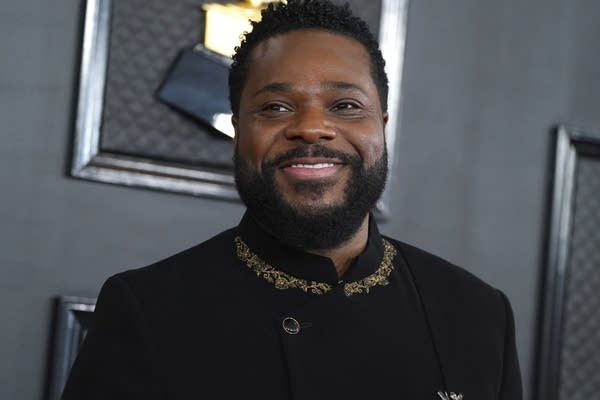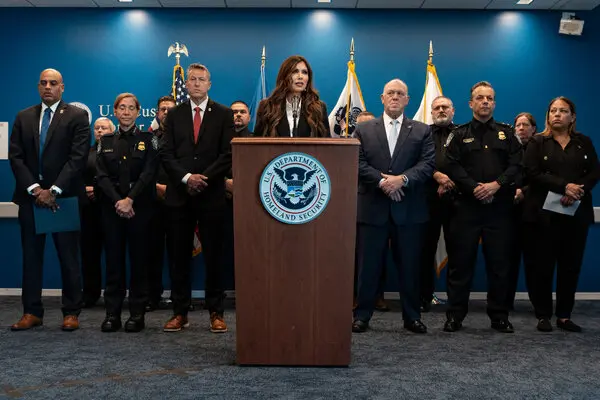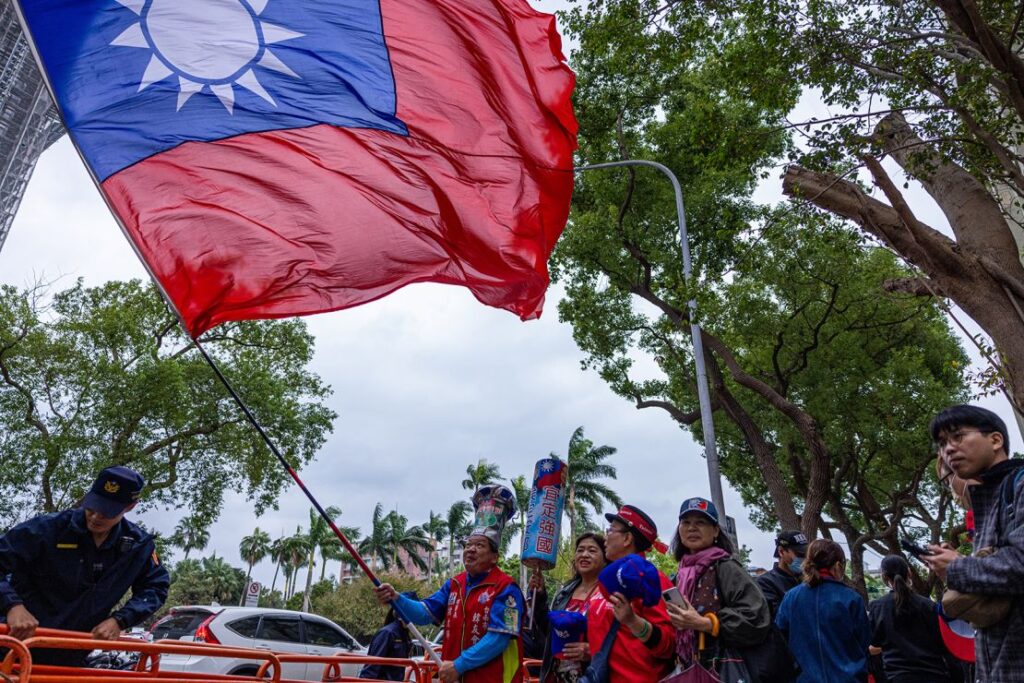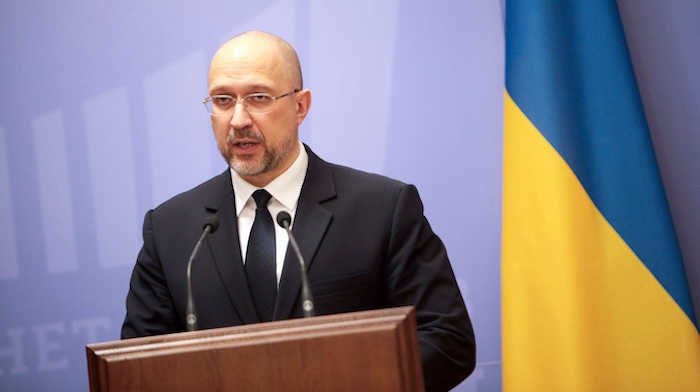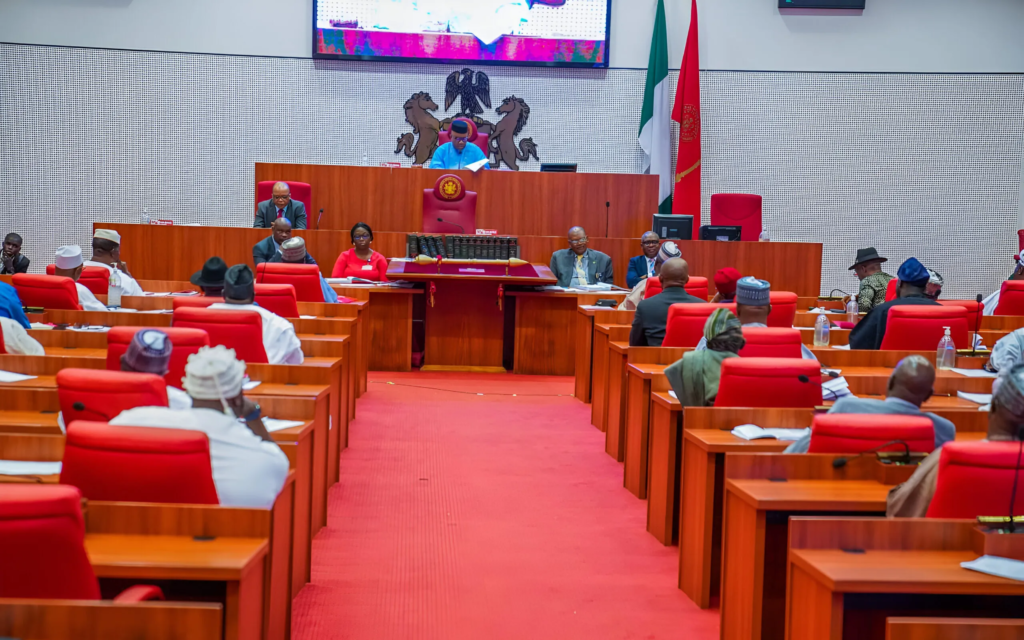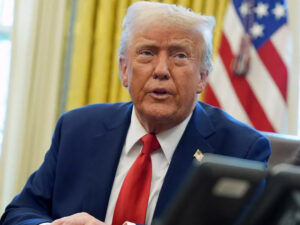The fallout over Columbia University’s decision to adopt sweeping policy changes to comply with Trump administration mandates on campus antisemitism continues to escalate, as the Ivy League institution now finds itself embroiled in legal challenges from within its own faculty.
A newly filed lawsuit by the Faculty Members’ Union in Manhattan demands the restoration of $400 million in federal funding that was rescinded by President Donald Trump earlier this year. The suit alleges the government violated proper legal procedures in terminating Columbia’s contracts and used funding as leverage to pressure the university into adopting controversial policy changes.
Faculty members claim the administration’s actions—and Columbia’s compliance—violate the First Amendment, infringing on academic freedom and the rights of both students and educators.
The lawsuit also calls for additional reforms to university governance and accuses federal agencies of bypassing required legal channels when suspending funds.
“This was not a good-faith policy shift—it was political coercion,” said one professor involved in the lawsuit, speaking ahead of a scheduled noon press conference where faculty members plan to voice their opposition publicly.
Meanwhile, in a related development, a federal judge has temporarily blocked the Trump administration’s attempt to detain and deport Columbia student Yunseo Chung, whose case has become a flashpoint in the broader controversy.
Chung, a 21-year-old legal permanent resident who has lived in the U.S. since age seven, was arrested during a pro-Palestinian protest at Barnard College. She has since filed a lawsuit against President Trump and other officials, alleging the threat of deportation is being used to intimidate and silence her.
Her attorneys argue that the administration is weaponizing immigration enforcement to stifle dissent and chill speech on campus. Following the judge’s ruling, Chung will be allowed to remain in the U.S. while her case proceeds.
Columbia’s decision to adopt policies demanded by the Trump administration—including new restrictions on protests and changes to disciplinary processes—was aimed at satisfying federal directives tied to antisemitism protections. But the move has sparked fierce resistance from student organizations, faculty, and civil liberties advocates, who argue that it undermines free expression and academic independence.
The university, which has so far not commented publicly on the lawsuit, now finds itself at the center of a legal and ideological battle with national implications for university autonomy and political pressure on higher education.











